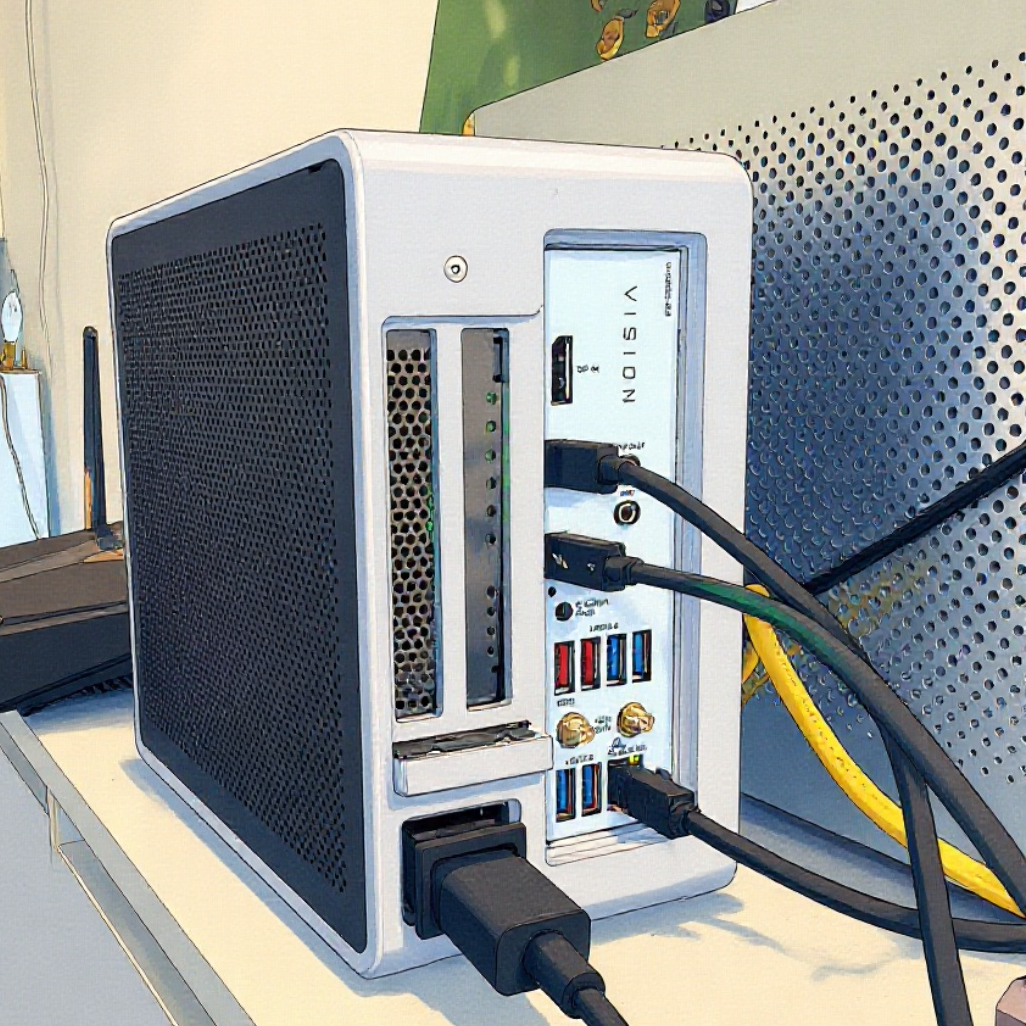My Homelab Server Based on Linux
Soryu is my primary Linux server, built to host my personal cloud services in a compact and power-efficient form factor. The system is housed in an aluminum unibody chassis and is designed around dense SSD storage rather than traditional rackmount layouts.
Platform Selection
The system is based on an Intel 11th-generation Core platform. While not the newest available, it offers a good balance between CPU performance and motherboard feature maturity.

KIOXIA EXCERIA SSD 500GB
Intel MEMPEK1J016GAL 16GB
Crucial CT1000MX500SSD1 1000GB
Intel SSDSC2BW056H6 56GB
WDC WD42EJRX 4000GB
WDC WD43PURZ 4000GB
Operating
system
Linux Soryu 6.12.62 #1-NixOS
Connectivity
Intel I225-V 2.5 Gigabit Ethernet
An important reason for choosing this platform is its PCIe topology. Unlike earlier consumer platforms, 11th-gen Core CPUs expose 20 PCIe lanes directly from the CPU, which provides significantly more flexibility for storage-heavy configurations.
On this platform, the primary PCIe x16 slot can be bifurcated into x8 + x4 + x4, allowing multiple NVMe devices to be attached without relying entirely on the chipset. In addition to this, the Intel 500-series chipset contributes an extra PCIe x4 uplink, further expanding storage options.
Beyond the standard slots, additional PCIe connectivity is made available through onboard controllers:
- M.2 Wi-Fi slot (PCIe
x1), repurposed via adapter for NVMe - Thunderbolt 4 controller, exposing two PCIe
x4links suitable for external NVMe expansion
Taken together, this layout allows up to eight NVMe SSDs to be attached within a single system. For a compact, consumer-grade platform, this level of PCIe flexibility makes it particularly well suited for dense SSD storage builds.
What I'd Change Next
Potential future changes include:
- Migration to an ECC-capable platform
- Platform upgrade for additional PCIe lanes and NVMe capacity
Soryu a deliberately compact, storage-dense Linux server built to serve practical needs. This build favors stability, clarity, and incremental evolution over novelty.
∎